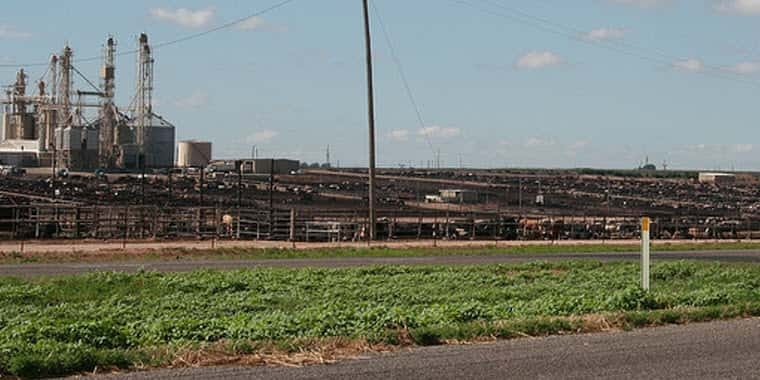(Reuters) – Merck & Co. is taking steps to resume sales of its controversial cattle feed additive Zilmax by changing the way the drug is administered, hoping to recapture some market share in the beef industry, where the U.S. herd has the fewest animals in more than 60 years.
The U.S. Food and Drug Administration has approved adjustments to the drug's label that would allow veterinarians and feedlot operators to use a lower dose and alternative method of feeding the drug to beef cattle, Merck said Wednesday.
The new “component feeding” option would allow Zilmax, which can add up to 30 pounds of marketable meat to a 1,300-pound steer, to be fed in one smaller daily ration, rather than continually throughout the day, Merck nutritionist Dr. David Yates told Reuters.
“We began working on this component feeding (label change) several years ago,” Yates said. The decision to do so was prompted by cattle producers, he said, looking for more “efficiency and convenience at a feedyard.”
In August 2013, Merck suspended sales of Zilmax in the United States and Canada amid concerns about animals showing signs of distress after use of the weight-gain product.
A study published in March suggested that the number of U.S. cattle deaths that may be linked to Zilmax was much higher than the figures reported by the drug company to the federal government.
U.S. regulators approved the label change on Friday, Yates said. The label still allows the drug to be fed continually to cattle.
Merck, which said Zilmax is safe if properly used, also recently filed a proposed label update in Canada.
When Zilmax was pulled off the market, many U.S. feedlot operators switched to ractopamine-based Optaflexx, made by Merck rival Eli Lily & Co.'s Elanco Animal Health unit. Elanco's patent on ractopamine has expired, and Zoetis Inc's generic products are eating into Elanco's dominance.
Zoetis said on Tuesday that sales of livestock products grew 12 percent in the company's third-quarter, compared to the year-ago period.
If Zilmax becomes available to U.S. feedlots again, it could appeal to U.S. livestock industry scrambling for tonnage. Beta-agonist drugs like Zilmax can produce extra meat from a U.S. cattle herd fallen to its lowest point in 63 years.
Cargill Inc [CARG.UL] and Tyson Foods Inc, two of the world's largest beef processors, have refused to accept Zilmax-feed cattle since last year, following reports it may cause lameness in animals. The companies could not immediately be reached for comment on Merck's new dosage plan.
Merck also said Wednesday it has rolled out a mandatory training program for Zilmax feeding. The company plans field tests of the new “component feeding” program.
(Additional reporting by Natalie Grover in Bangalore)
Source: Reuters
Posted by Jami Howell


